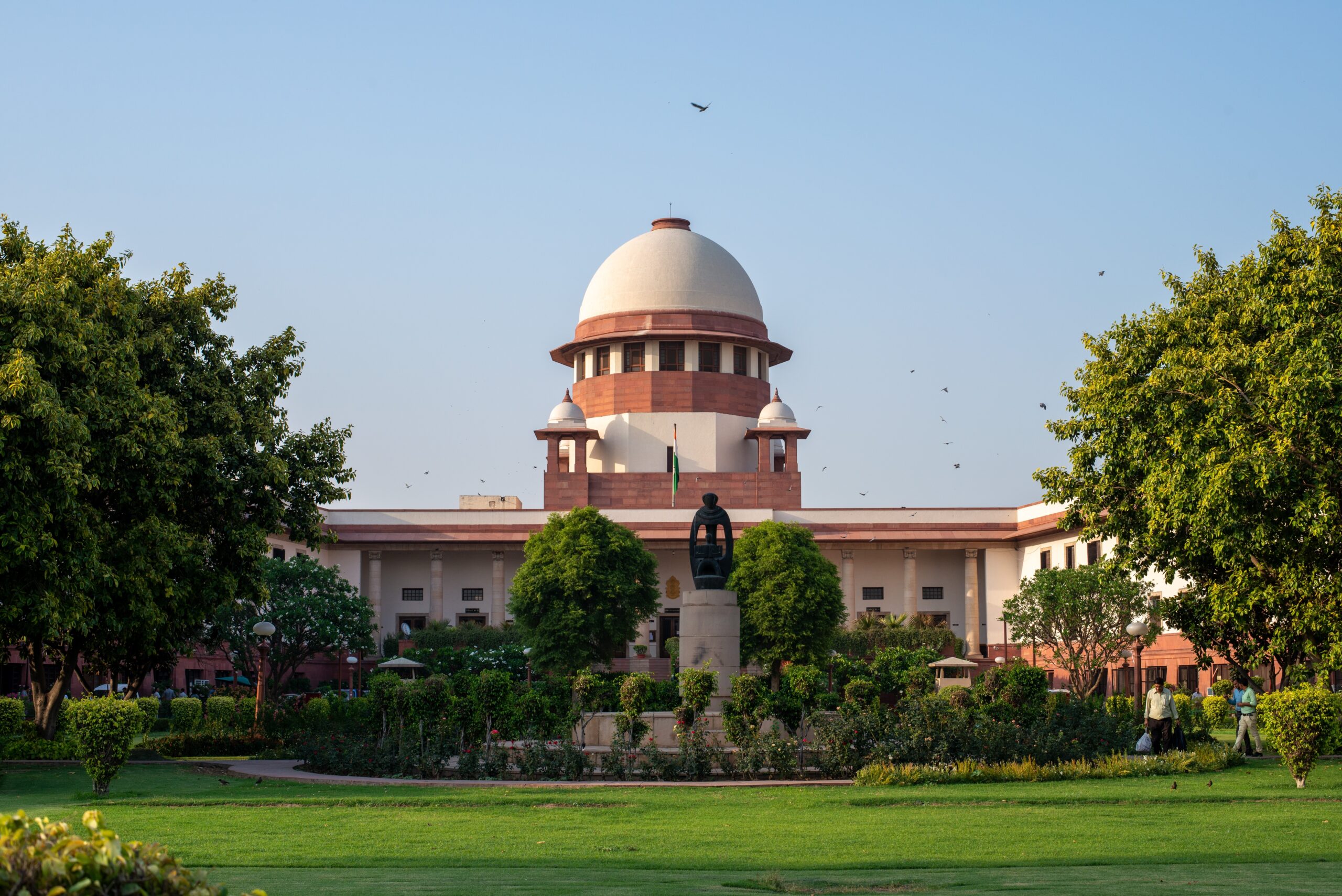
The Supreme Court of India’s recent ruling against punitive demolitions has ignited critical discourse around what many call “bulldozer politics.” This approach, prominently seen in BJP-governed states, involves demolishing properties of individuals accused of crimes, often without due process. Although officially justified as a measure against illegal construction, bulldozer politics has disproportionately impacted Muslims, raising questions of selective enforcement and religious bias. This article explores how bulldozer politics has trampled justice, and how the Supreme Court’s intervention could offer a pathway to restore constitutional principles.
Demolitions as a Display of Power
In recent years, bulldozer politics has emerged as a powerful, if controversial, visual symbol of the BJP’s “tough on crime” stance. Local governments often showcase bulldozers demolishing properties in public displays that appear intended to communicate strength and resolve. Yet, these acts have raised serious concerns, particularly as they seem to predominantly affect Muslim communities following episodes of religious violence or protests. Critics argue that these demolitions bypass fundamental rights, including the right to due process. By targeting accused individuals without providing them an opportunity to respond, bulldozer politics disregards the basic legal principle that a person is innocent until proven guilty.
The Supreme Court’s Stand Against Arbitrary Demolitions
Responding to petitions that condemn this form of punitive demolition, the Supreme Court has issued a directive that could change the trajectory of bulldozer politics in India. The Court ruled that demolitions cannot occur merely because someone is accused of a crime, emphasizing that “the executive cannot become a judge and demolish properties.” Moreover, the Court’s mandate for a 15-day notice period, during which the affected individual can contest the demolition, is a vital safeguard against arbitrary actions by authorities. This decision is significant as it reaffirms the Supreme Court’s commitment to uphold constitutional values, even in the face of controversial practices by the executive branch. Amnesty International, among other rights organizations, has lauded this ruling as a critical defense of human rights in India.
A Bias in the System?
For many observers, the prevalence of bulldozer politics in BJP-led states indicates a troubling pattern. Numerous reports suggest that Muslims are disproportionately impacted by these demolition drives, raising allegations that the BJP is using the state apparatus to target religious minorities. Although BJP leaders deny these allegations, linking the demolitions to their stance on crime, the frequency with which Muslim neighborhoods are affected has fueled accusations of bias. Opposition leaders argue that the BJP’s bulldozer politics is not about enforcing laws but about suppressing voices and intimidating communities. They point out that, in several cases, demolitions occurred after incidents of communal tension, where Muslim-majority areas became the focus of government crackdowns.
Legal Reform and Institutional Accountability
While the Supreme Court’s guidelines present a positive step toward curbing extrajudicial demolitions, the real test will lie in the enforcement of these measures. The Court has warned that any violation of its guidelines would be considered contempt, a statement that underscores the importance of accountability. Human rights advocates stress that for bulldozer politics to end, systemic reforms are necessary. Authorities at all levels must be held accountable, and strict penalties should be enforced against officials who circumvent due process. Legal reforms that strengthen property rights, ensure impartiality, and protect individuals against selective enforcement are essential to safeguard against future abuses.
Preserving the Rule of Law
In a democracy, justice must not only be done but must also be seen to be done. Bulldozer politics, especially when targeted at specific communities, undermines public faith in the legal system. By allowing demolitions to be used as a form of punishment, India risks straying from its democratic ideals and moving toward a state where rights and freedoms are subject to the whims of the powerful.
As India grapples with the consequences of bulldozer politics, the Supreme Court’s recent ruling offers a renewed hope for justice and equality under the law. Implementing these guidelines can ensure that no community is unfairly targeted and that India’s legal system remains a bulwark against arbitrary power. For democracy to thrive, it is essential that every citizen, regardless of background, can rely on the rule of law to protect their rights.
